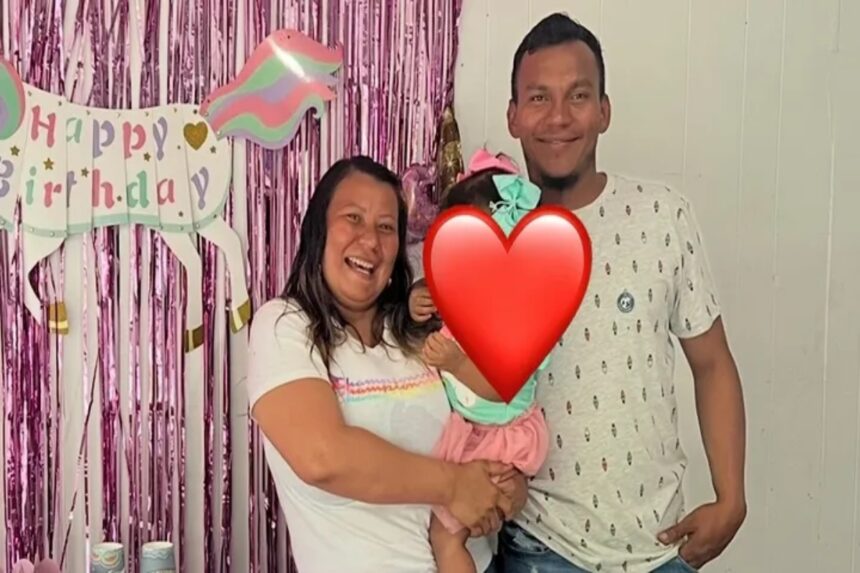The detention of a loved one by Immigration and Customs Enforcement (ICE) can be devastating for any family. In 2025, ICE has intensified operations in several U.S. cities, focusing on the detention of undocumented immigrants with criminal records or pending immigration proceedings.
If a family member has been detained, it is essential to know what steps to take to provide support and explore your legal options. This is what happened to the family of Janette Kennedy.
A true story

Janette Kennedy, a family member of Johan and Amner, opened a GoFundMe account to help with the expenses they have incurred after the capture of Johan and Amner, nephew and uncle detained by ICE.
“Hi, my name is Janette and I am raising funds to help cover legal costs as well as bills and daily expenses for Johan, Jhoana and Amner while Johan and Amner are in ICE custody awaiting to know their future….”
“Johan has been the main breadwinner in the family and was violently removed from his vehicle on his way to work, along with his uncle, without any explanation at the time.”
“As you can imagine, this is a very difficult time emotionally and financially draining for them.”
Cases like Johan and Amner’s have become frequent in ICE raids, so it is crucial that Hispanic families in the U.S. know how to act in these situations.
1. Locate the detained family member

The first step is to identify in which detention center the detainee is being held.
ICE provides an online tool called “Detainee Locator,” which allows you to search for individuals in its custody.
To use it, you will need:
The detainee’s Alien Number (A-Number), if available.
If you do not have the A-Number, you can search with the detainee’s full name, country of origin and date of birth.
The detention of a loved one by ICE can be devastating for any family
QueOnnda.com
2. Seek legal support

It is critical to contact an experienced immigration attorney to evaluate the case and determine legal options such as applying for bond or filing a defense to deportation.
There are non-profit organizations that offer free or low-cost legal advice, such as:
RAICES (Refugee and Immigrant Center for Education and Legal Services)
American Immigration Lawyers Association(AILA)
Immigrant Legal Resource Center (ILRC).
3. Prepare documents and more

It is key to collect important documents that can help in the defense of the case, such as:
Identification and residency documents.
Medical records and employment history.
Proof of roots, such as birth certificates of U.S.-born children.
In addition, families are advised to develop a contingency plan, including the appointment of a temporary guardian for minor children and the management of bank accounts and bills in the event of prolonged detention.
4. Connect with support networks

Families are not alone.
There are community groups and organizations that can provide financial, emotional and legal support to those facing a similar situation.
Church networks and civil rights groups can also offer assistance.
For more information, visit QuéOnnda.com.























